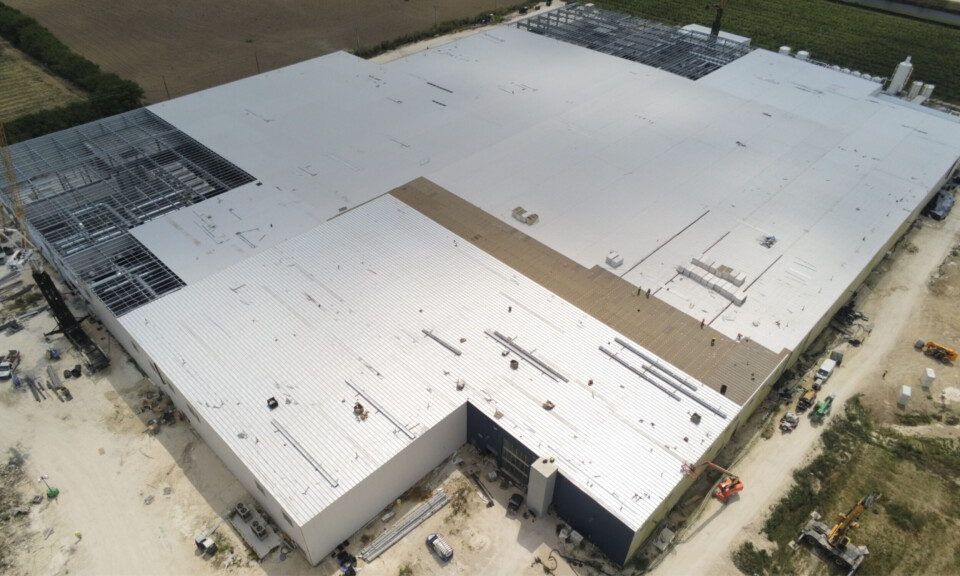
Emergency harvest at Atlantic Sapphire in Florida
On-land salmon farmer Atlantic Sapphire has begun an emergency harvest of almost 200,000 fish at its Bluehouse facility in Florida, it said in a market announcement today.
The fish are in a grow-out unit that was recently stocked despite not being fully commissioned. Other grow-out systems are unaffected.
“The exact chain of events is still being investigated, however, disruptive construction work close to the operating environment, including loud sounds and severe vibrations, stressed the fish,” stated Atlantic Sapphire.
Delayed construction
“Additionally, recent challenges of delayed construction and commissioning, in part because of the Covid-19 pandemic impact, have resulted in increased risk in the operation at this time. There is no indication of intoxication or disease being the cause of this event.
“The fact that some critical components and functionality of the farm are not yet operational limits the tools the company has to deal with non-conformities such as quickly moving fish out of systems if needed. The permanent fish movement system is planned to be operational shortly and would likely have mitigated this event.”
The total weight of the fish being harvested is approximately 400 tonnes (head on gutted), of which 150 tonnes is planned to be sent for processing and will be sold.
Atlantic Sapphire said 200,000 fish account for approximately 700 tonnes (HOG) of projected harvest, or three to four weeks of US phase 1 annualised revenue. As the permanent emergency harvest facility has not yet been completed, all the fish will not be sold.
Limiting risk
“This incident demonstrates the challenges of completing construction commissioning of all Bluehouse systems and support functions while in operation, but also the value and importance of having multiple independent systems to diversify biological risk,” said the company.
“Upon final completion of the US Phase 1 facility, with the expected annual output of around 10,000 tonnes (HOG) salmon per year, Atlantic Sapphire will have a total of 12 independent grow-out systems in the US, limiting the risk and financial impact of any systemic contamination to below 10% of total output and revenue.”
Norwegian-owned Atlantic Sapphire, which also operates a smaller salmon RAS in Denmark, is still assessing the complete financial impact of the event, including insurance proceeds. The company is still planning first harvest in the US by the end of Q3 2020.























































